SUMMARY
This is AI generated summarization, which may have errors. For context, always refer to the full article.
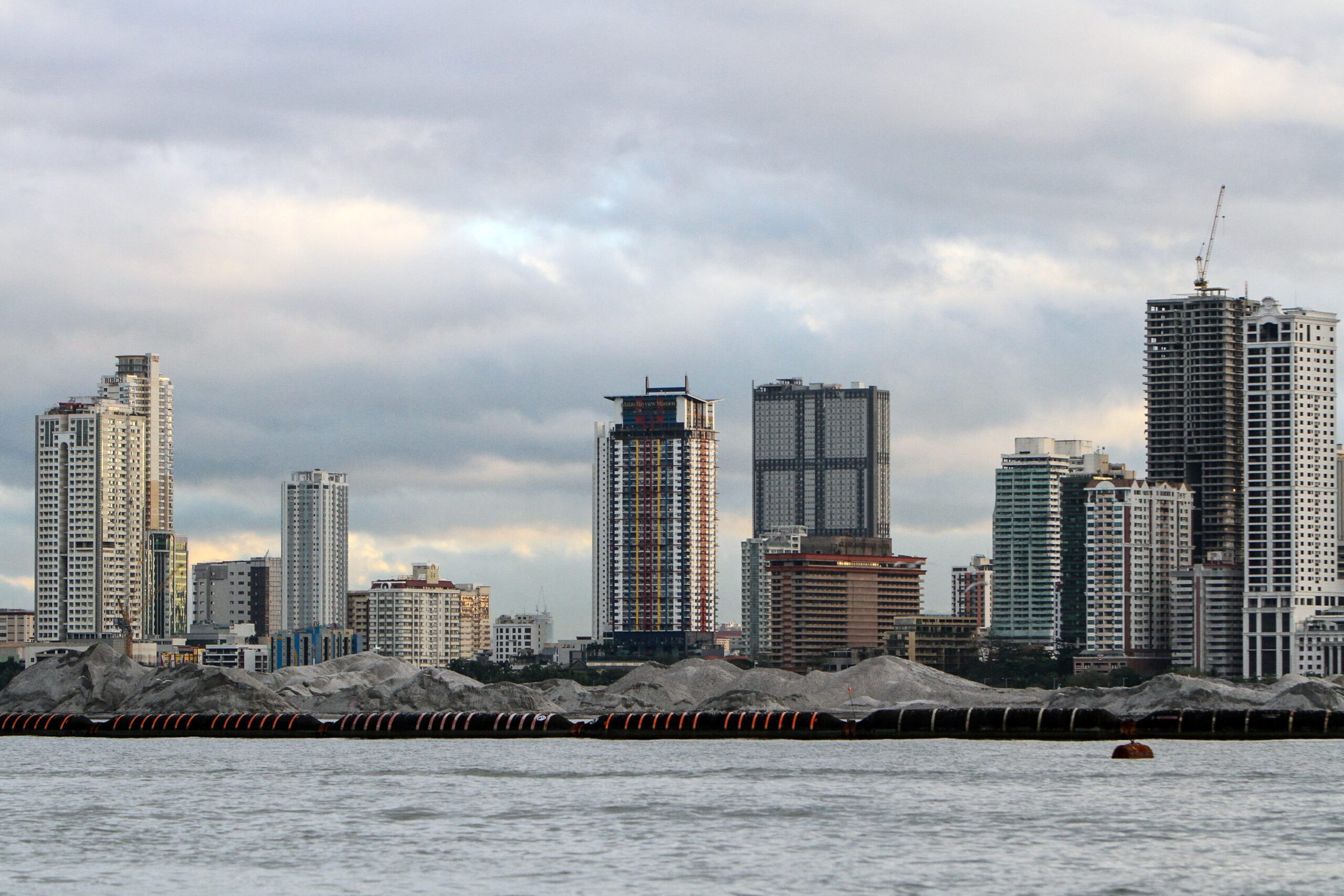
MANILA, Philippines – Ahead of an upcoming impact assessment on reclamation projects in Manila Bay, the United States Embassy in Manila “expressed concerns” over these projects, citing their impact on the environment.
But it’s the embassy’s second point of concern, according to spokesperson Kanishka Gangopadhyay, that’s become particularly of note.
“We are also concerned that the projects have ties to the China Communications Construction Co., which has been added to the US Department of Commerce’s Entity List for its role in helping the Chinese military construct and militarize artificial islands in the South China Sea. The company has also been cited by the World Bank and the Asian Development Bank for engaging in fraudulent business practices,” he said in a statement released to reporters on Tuesday, August 1, and again on Wednesday, August 2.
CCCC who?
What is the China Communications Construction Co. and why is the American embassy in Manila raising alarm over it?
The CCCC, or the China Communications Construction Company, is a China-owned company that describes itself as “the world’s largest port design and construction company, the world’s largest highway and bridge design and building company, the world’s largest dredging company, the world’s largest container crane manufacturing company, and the world’s largest offshore oil drilling platform design company.”
On its website, it also boasts of being “China’s largest international engineering contracting company and China’s largest expressway investors.”
When Gangopadhyay mentioned its inclusion in the US Department of Commerce’s Entity List, he’s referring to five CCCC subsidiaries that were blacklisted or placed in the entity list for their role in reclaiming and militarizing outposts in both contested areas in the South China Sea and in areas that are part of the Philippines’ exclusive economic zone, according to the 2016 ruling by an Arbitral Tribunal.
The CCCC has over 60 wholly-owned or controlled subsidiaries. A Manila Bay reclamation project involves one of those subsidiaries, the China Harbour Engineering Company Ltd. According to the CCCC’s official website, the project in Manila Bay was launched in January 2022, when COVID-19 restrictions had eased slightly but were still in place in Metro Manila.
According to the CCCC, the China Harbour Engineering Company Ltd-led project includes “backfilling to form three artificial islands and related supporting revetment structures, and foundation treatment.”
The embassy’s “concerns” is backdropped by a bigger issue – China and the US’s increasingly intensifying competition as world powers.
Manila has been in the middle of this competition, especially when tensions in the South China Sea – which China has claimed in practically its entirety – come into play. Under former president Rodrigo Duterte, the Philippines saw a distancing from its treaty ally, the US.
But under President Ferdinand Marcos Jr., Manila’s ties with Washington have strengthened even as Marcos has tried to keep China close, too.
Impact on environment, economy
The Philippine government is set to conduct a “cumulative impact assessment” on all reclamation projects in Manila Bay. Department of Environment and Natural Resources (DENR) Secretary Toni Yulo-Loyzaga, in an earlier press briefing, had admitted that in the past, projects were evaluated individually, with their overall impact on the area not considered.
“There are concerns raised not just by the US embassy but by others as well, not just on the possible impact on the ecology but also on the historical and cultural impacts that could take place given the history of Manila Bay,” Loyzaga said in a briefing with Palace reporters on Wednesday, August 2. She was asked specifically about the embassy’s position on the reclamation projects.
“Any disturbance to the ecology will bring about a disruption of systems,” Loyzaga also pointed out.
“We continue to support high quality, sustainable, and transparent investments to benefit the Filipino people and will continue to engage with the appropriate authorities on this matter,” said the US embassy’s Gangopadhyay.
The DENR and the US embassy have yet to disclose when these “concerns” were first lodged. The CCCC has yet to speak on the matter, too. – Rappler.com
Add a comment
How does this make you feel?




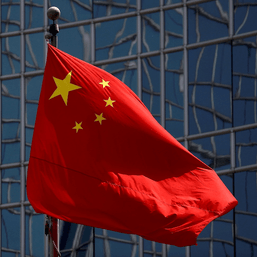

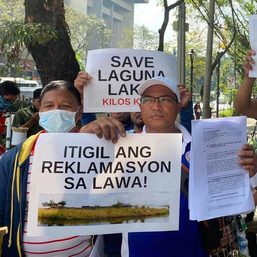
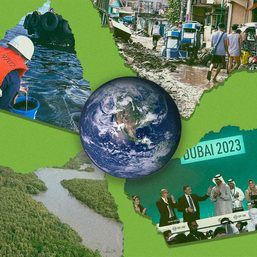
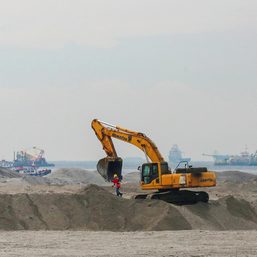
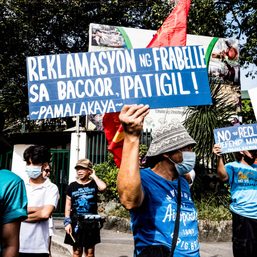








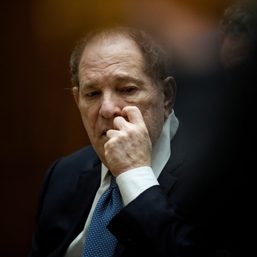





There are no comments yet. Add your comment to start the conversation.